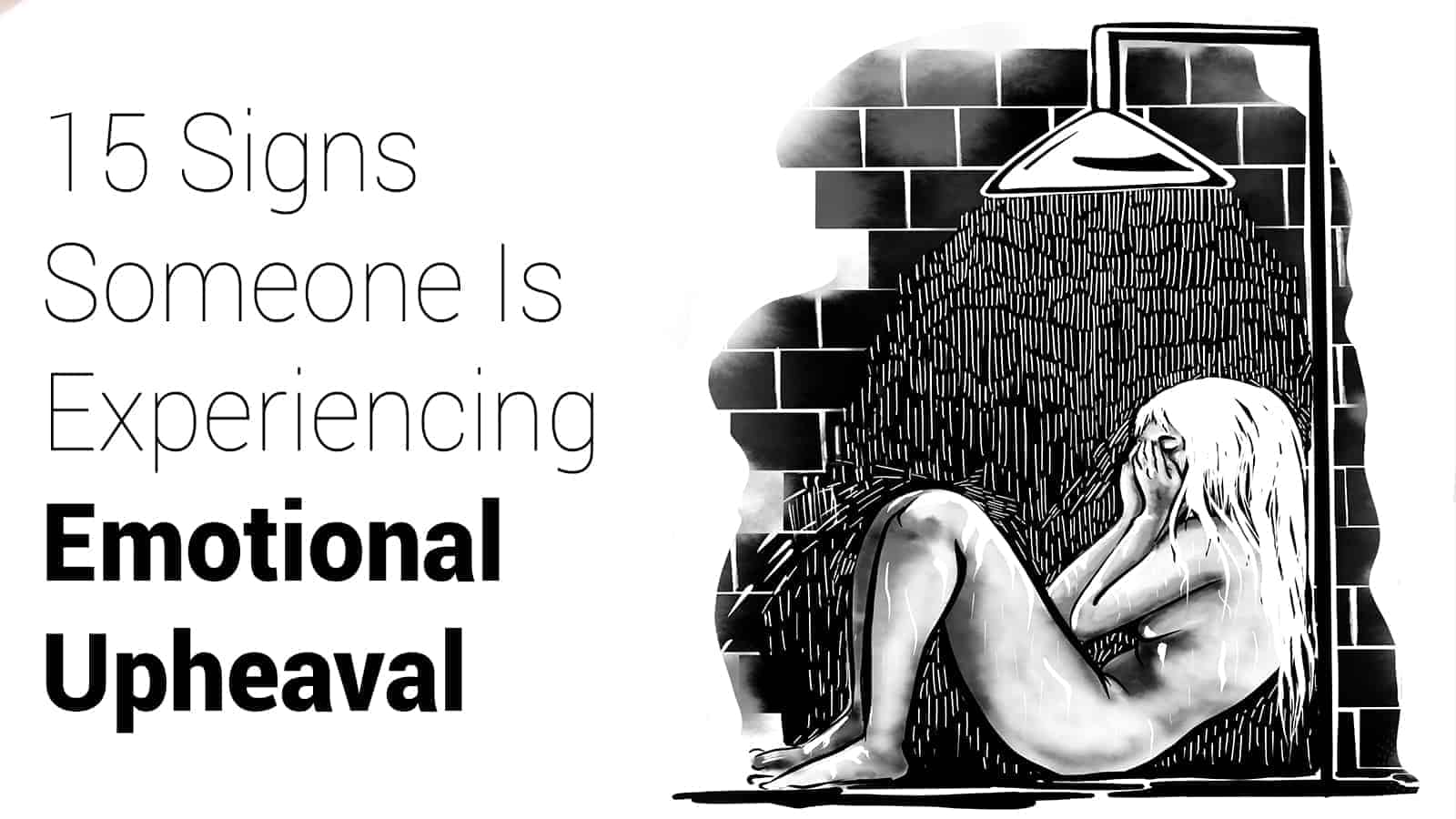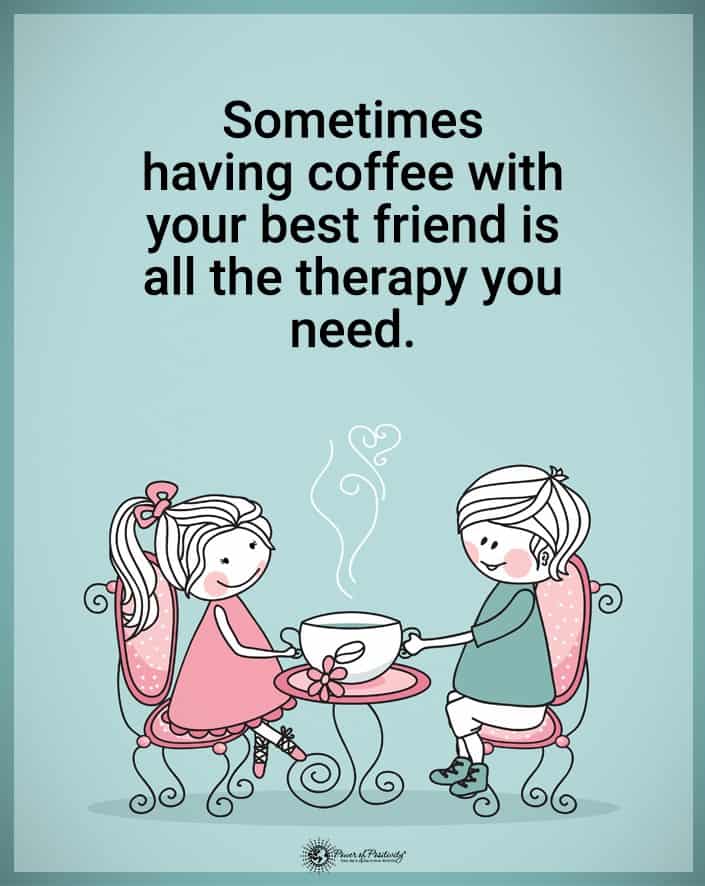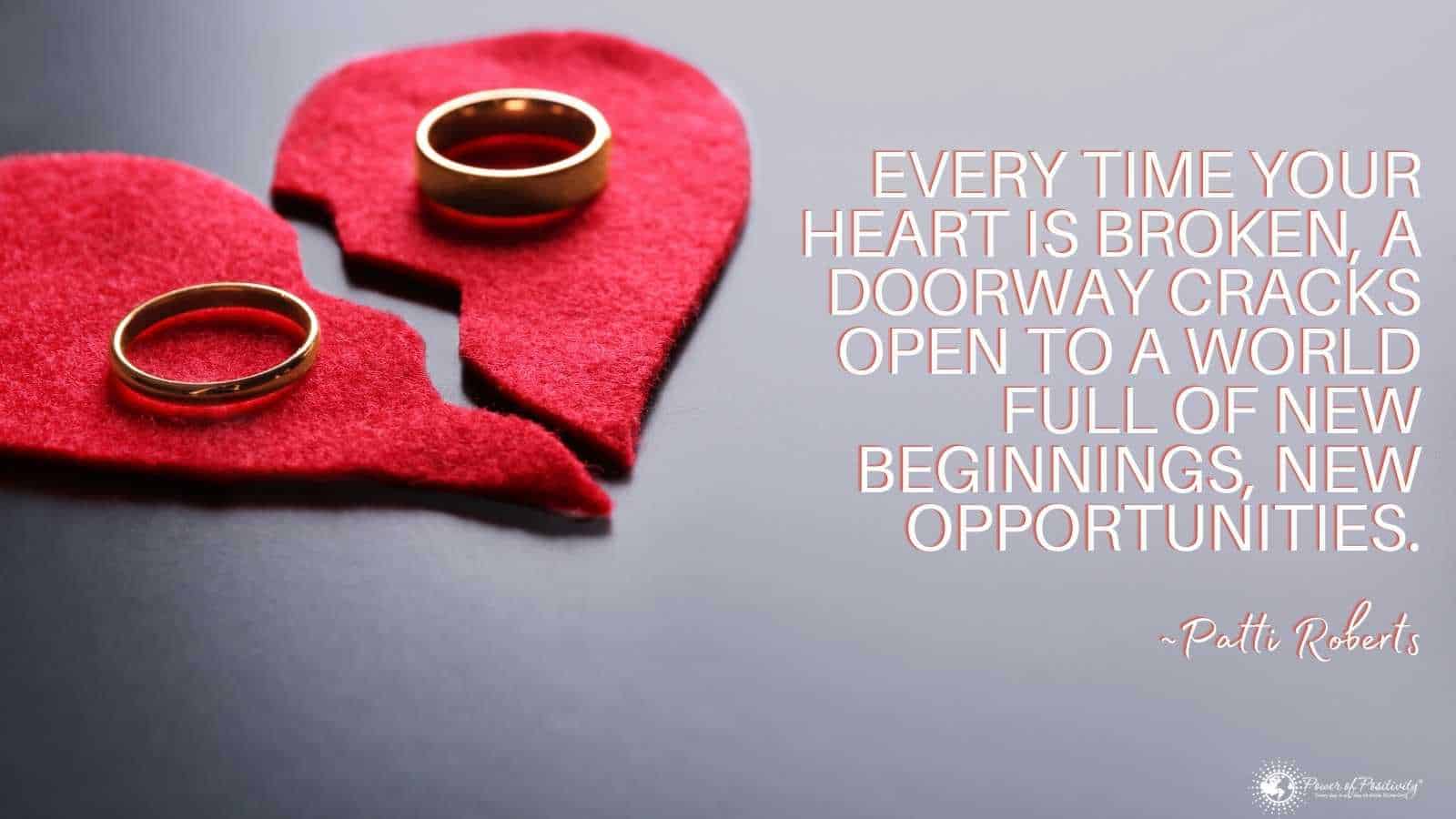Do you know the signs of emotional distress? It’s difficult to ignore when someone is having a hard time and heading for emotional upheaval. However, when they cannot employ proper coping skills, then the situation may take a turn for the worse.
Mental health issues are genuine in society today. With increasing pressures from work, family, finances, and health, it’s not uncommon for someone to become overwhelmed. Add to these situations some other life-altering experience, and it’s the perfect storm for disaster.
First, you should know that it’s okay not to be okay. The emotional stigma attached to mental illness is slowly starting to lift. People are reaching out for help more than ever before. So, do you know what to look for if your friend or a loved one is in trouble?
Fifteen Signs Someone Is Experiencing Emotional Upheaval
You may know some of the signs of emotional distress, but you probably are not aware of all the indications that show that someone is in trouble. Here are the most common emotional upheaval symptoms that you must familiarize yourself with as you never know when your quick action might save a life.
1. Isolation
When someone is going through an emotional storm, they commonly want to shut themselves away and not face the world. Though this is a way to heal as they’re dealing with their emotions, it’s also a cause for alarm.
Emotional upheaval and the depression that follows it can put the thought of suicide in their mind. The worst thing a person can do when they’re already mentally stressed is to isolate.
2. Crying Constantly
The emotions are all over the place when someone is combating an upheaval. You may notice them crying more so than before, and their entire emotional stance may be quite delicate.
Try not to scold them for the tears; instead, give your loved one or friend a tissue and a shoulder to cry on. They should get these emotions out rather than keeping them bottled up inside.
3. Mood Swings
One sign that the emotions are on edge is mood swings. Do they go from being happy one minute to sad the next? Do you walk on eggshells when you’re around them as you never know which personality or mood they’re going to display?
Mood swings can indicate emotional disturbances. However, when the mood shifts back and forth, it can mean a personality disorder or a severe mental health ailment like bipolar.
4. Fatigue
Someone who is experiencing an emotional storm often feels fatigued. Fatigue often accompanies depression and severe anxiety, which they might also be feeling. A person that typically only slept 6-7 hours a night now might sleep 10-12 and still feel like they need more.
If you notice that keeping their eyes open is a big struggle, it could indicate some mental health issues.
5. Headaches
Why is it that headaches seem to accompany stressful situations the body must endure? A person in emotional upheaval may experience headaches of all types. Tension headaches seem to be the most common for stress, as are migraines.
When muscles tighten in the body due to the hormones’ increase in cortisol and adrenaline, they often cause aches and pains. If someone is complaining of headaches every single day, then it warrants an investigation.
6. Diarrhea
As more studies are conducted on the gut/brain connection, more things are becoming apparent. Many people experience diarrhea when their nerves are shot. It’s not a pretty symptom, but it’s certainly one that can dehydrate the body, further complicating matters.
If you notice your friend or loved one spending more time in the bathroom than before, then it can be a sign of distress.
7. Appetite Changes
Stress eating is one of the easiest ways to become overweight. Some people will notice that their appetite increases incredibly when they’re stressed, while others find that the very sight of food makes them nauseous. Watch for significant appetite changes, either way, to indicate if their emotional state is in jeopardy.
8. Avoiding Family and Friends
If isolation weren’t enough, people often would avoid any invitations to outside events. You may notice that family invitations go unanswered and text messages go unread. Individuals that were once so social have now become loaners and prefer to stay home.
9. Feelings of Guilt or Hopelessness
It’s natural to feel hopeless or helpless when emotions are in distress. One thing that you need to monitor closely is any feelings of despair.
While it’s a normal part of feeling depressed, it can also indicate that the person has nothing to live for anymore. When an individual gets in this frame of mind, it’s dangerous.
10. Suicidal Ideations
It’s not always easy to identify that someone is suicidal. However, some people are more vocal about it than others. You may hear them say things like they wish they weren’t alive, or they have nothing left to live for anymore.
Some may go as far as to share a suicide plan or letter with you. While it’s not always easy to pinpoint, you can notice signs that the mental state is not right and may need a mental health evaluation.
Do not leave this person alone. Call the Suicide Hotline immediately at 800.273.8255 to speak with a counselor right away.
11. Anxiety or Panic Attacks
When the body feels distressed, it releases powerful hormones to combat the danger. The most commonly known hormones are cortisol and adrenaline. Have you ever heard of someone lifting a car off someone when they were in trouble?
Adrenaline rushes causes this freakish ability to lift something that weighs tons. It allows you to do things you never thought possible to save someone or yourself. This rush of hormones is meant to protect you, but they can also cause great anxiety when the levels remain high.
A person who hasn’t had an issue with anxiety or panic before but suddenly has problems may indicate emotional upheaval.
12. Hypersensitive
The body becomes hypersensitive when the emotions are perplexed. A person can feel every pain and ache in the body. It’s not uncommon for a person who feels weird things to believe that they’ve developed a severe condition.
According to the National Institute of Health, a person suffering from hypochondria believes that they have serious illnesses when there’s nothing wrong. The mind plays tricks on the body, and if there is anxiety in the mix, then it’s going to fill the mind with all sorts of falsehoods.
13. Insomnia
Why is it that some people can’t sleep when they’re upset, but others can sleep their life away? It’s funny how each person and their makeup is different. Sleep disruptions are not uncommon when someone is under duress.
The issue is only compounded when the lack of sleep starts causing problems, too, like hallucinations and delusions. If a person is not getting the required amount of sleep each day, it can cause them to act and feel out of sorts.
14. Attempts to Self-Medicate
A friend or family member who never smoked, drank, or used illegal drugs might turn to these vices to combat their pain. No one ever wakes up and says that they want to be addicted to drugs or alcohol. Instead, most are trying to ease a medical or mental health condition for which they need help.
According to the National Institute of Health, people suffering from anxiety-based disorders, like post-traumatic stress disorder, are more likely to self-medicate the pain away. The only problem is that the dose continually needs to be increased as the body forms tolerance, and thus addiction is born.
15. Heaviness in The Chest Area
Having an issue with chronic anxiety or being in duress can significantly affect your digestive system. When someone is experiencing angst, it causes their digestive system to feel the pressure. Going from a normal to abnormal digestive process is common, but it can also cause GERD or bloating.
The pangs from acid reflux are often mistaken for chest pains, and it’s easy to misinterpret this sinister feeling for something more serious. However, when the chest tightens, and a person is in pain, it’s often because of digestive upset rather than cardiac arrest. Nevertheless, it’s always better to have this evaluated.
Final Thoughts on Helping Someone Work Through Emotional Upheaval
If you notice any of these signs above from a friend or relative, you should encourage them to get help. It’s not a sign of weakness to be experiencing a mental health issue that requires attention. It’s more cowardly not to get help than to admit there’s a problem.
Always be a shoulder to cry on for someone experiencing downtime in their life as you never know when it will be your turn. Emotional upheavals have become commonplace today, so you need to know the signs so you can help those around you in need.
















 Community
Community

